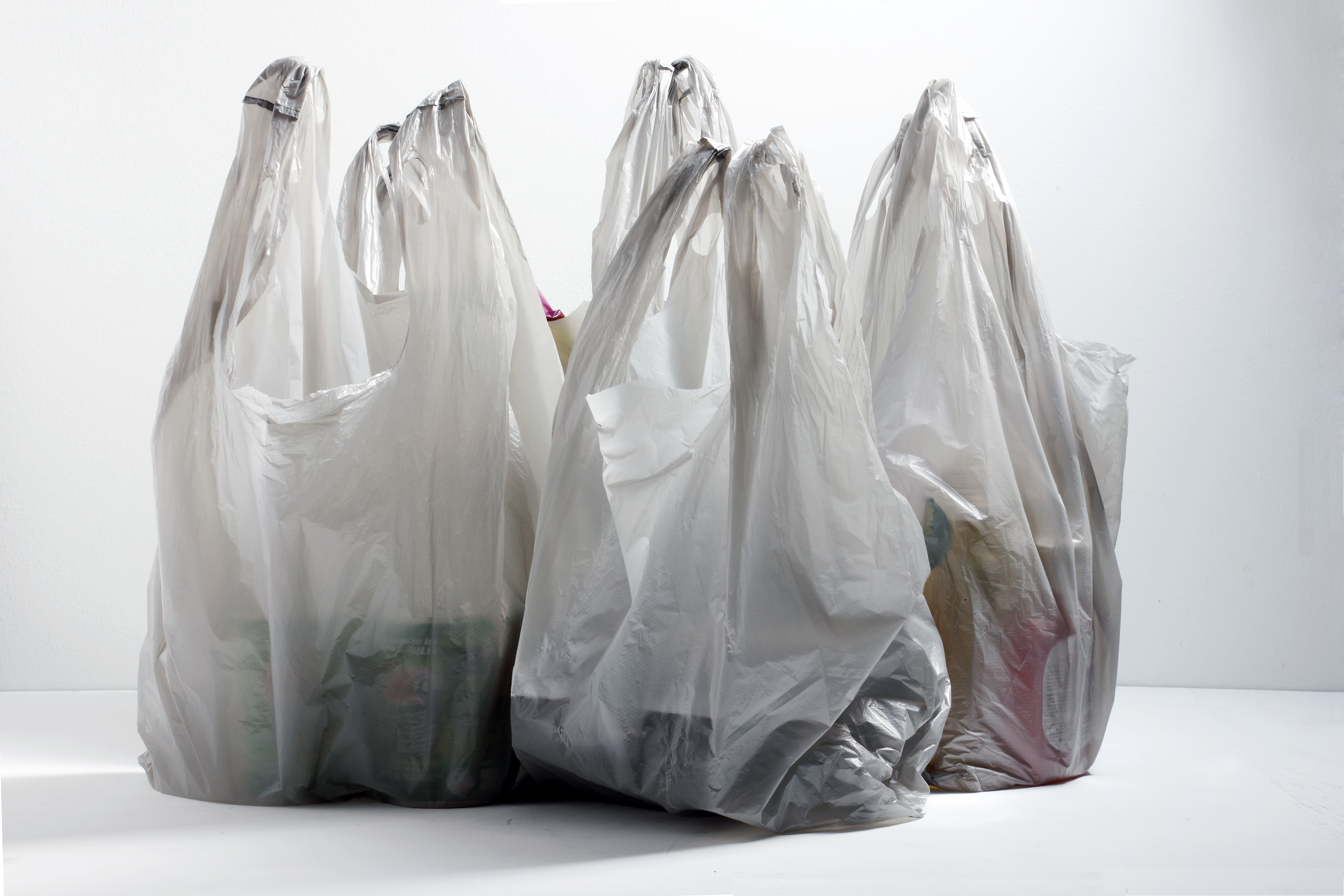
Posted on July 29, 2019
Public Acts 19-117, Section 355, which goes into effect on August 1, 2019, creates a statewide plastic bag fee of .10 cents per “single-use checkout bag” that must be collected by retailers making sales in Connecticut. The collectors of this fee include a “store” defined as any retailer who is registered for Connecticut sales tax that sells goods directly to the public and maintains a retail location in Connecticut that provides to its customers a plastic bag with a thickness of less than four mils that is provided by a store to a customer at the point of sale. These bags do not include re-usable plastic bags, bags on a continuous, perforated roll that are used to contain meat, seafood, loose produce or other unwrapped food items, newspaper bags, or laundry or dry cleaning bags. If a store charges for paper bags, they may keep those fees. Only a .10 cent fee for plastic bags is remitted to the state, and those charges will appear separately on a sales receipt. If there is no sale to the customer, the fee does not need to be collected so bags for promotional materials or unrelated to the sale are free.
The law gets confusing because on July 1, 2021, single-use plastic checkout bags are scheduled to be banned in the state; however, in addition to the tax for the next two years, municipalities may enact bans of plastic bags prior to that date. Municipalities also may enact or enforce an ordinance concerning single-use plastic checkout bags, provided the ordinance is as restrictive or more restrictive as the state legislation. In addition, municipalities may enact or enforce an ordinance concerning paper checkout bags, including, but not limited to, enabling each store to charge a fee for any such bag distributed to a customer. Any municipality that charges for a bag will be subject to sales tax. If a municipality were to charge its own plastic bag fee, it would be in addition to the state plastic bag fee.
I believe the legislature should not have granted this extra authority to towns. Allowing them to ban bags in a town might not be a problem, but permitting them to create different and additional taxing schemes is cumbersome for businesses and creates a nuisance for them with little value. Legislators always fail to put themselves in the position of businesses to understand how they are impacted. Customers will likely get annoyed with a store if they cannot purchase a bag in Branford, but can do so in Guilford, or if a customer gets charged .20 cents for a plastic bag in North Branford and .10 cents for a paper bag in North Haven. The retail employees must now be equipped to explain why each town may have different laws pertaining to plastic and paper bags. The legislature should have applied this public policy universally throughout the state in consideration of the impact to our retail market. Sadly, however, as usual, our business community was not taken into consideration. I hope, therefore, most communities will not attempt to create its own policies and allow for the ban to go into effect on a statewide basis.
Information mentioned above was obtained from the Department of Revenue Services.


